Season 2, Episode 5: Telling Our Own Stories: DocuCourse and the Power of Community Narrative
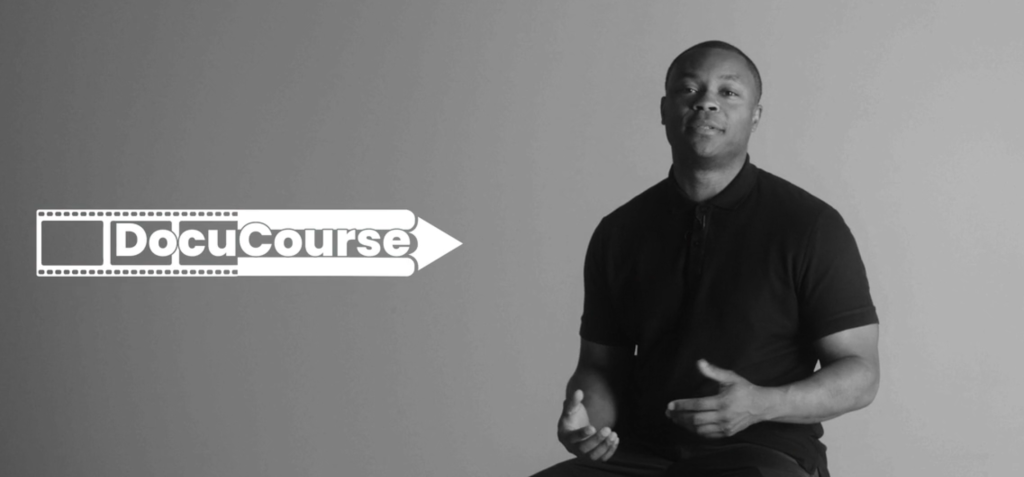
Featured Image Description: Avrell Stokes, president of BeGreat Together, shares insights from DocuCourse, an innovative educational initiative designed to empower communities through storytelling and digital media. (Photograph by BeGreat Together) Oftentimes, what’s positive isn’t what’s promoted. And that’s been one of my biggest frustrations. They want the drama. They don’t want the uplifting story that […]
Podcast Season 2: Potent Stories of Resilience and Action
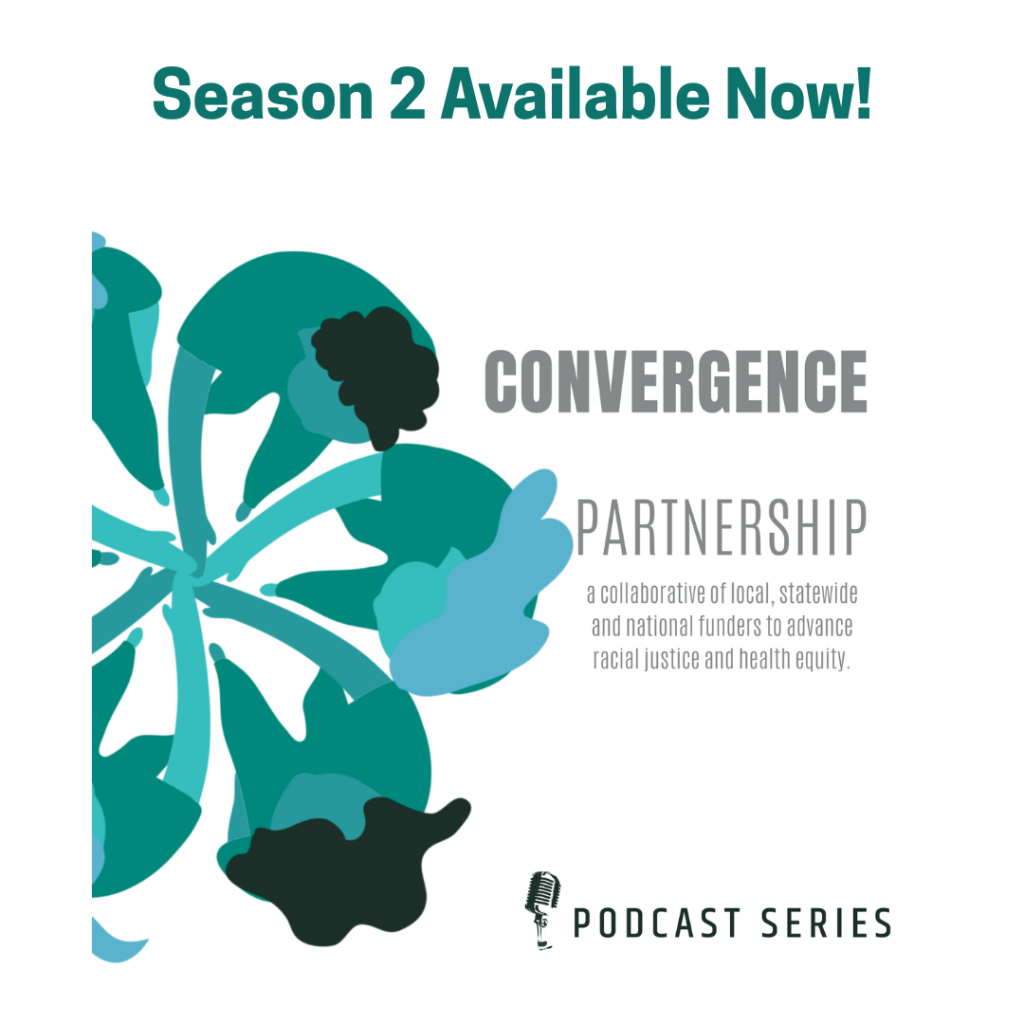
We are living in a time marked by deep challenges and extraordinary potential. Daily, waves of crises crash against our communities. But in those moments, there’s something remarkable that emerges: the people. The leaders on the frontlines, holding their corners, building systems of care and justice, and showing us all what collective care and leadership […]
Narrative Power Unleashed: Communities Shifting and Claiming the Narrative
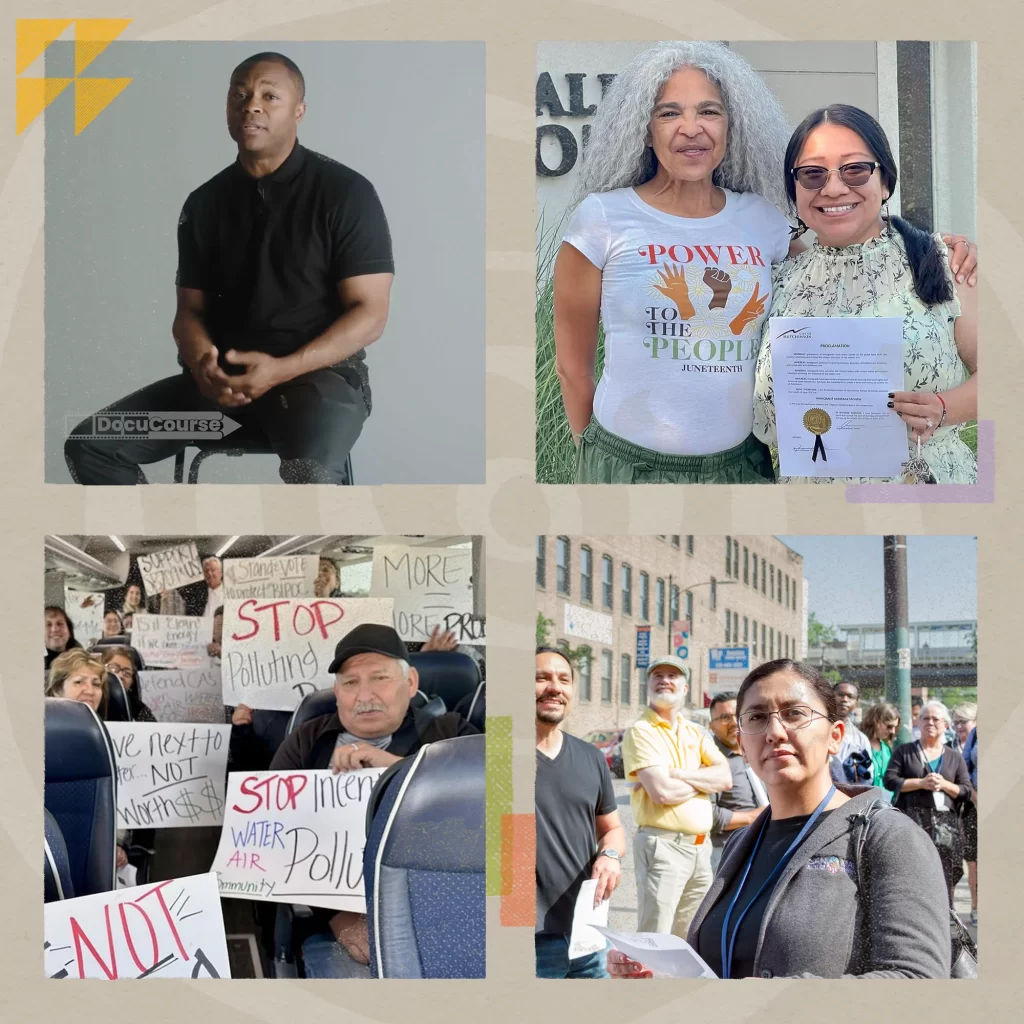
Three years ago, Convergence Partnership shifted our funding strategies to focus on the intersections of racial justice and health equity. We are now celebrating nearly $3 million in grants to 12 frontline, people of color led and staffed organizations that are growing civic, economic, and narrative power. We are marking this milestone in a series of blog posts, “Powerful Ripples of Change,” that spotlights these organizations, their accomplishments, and the powerful work they have underway.
As More Foundations Seek to Influence Public Perceptions, New Approaches Abound
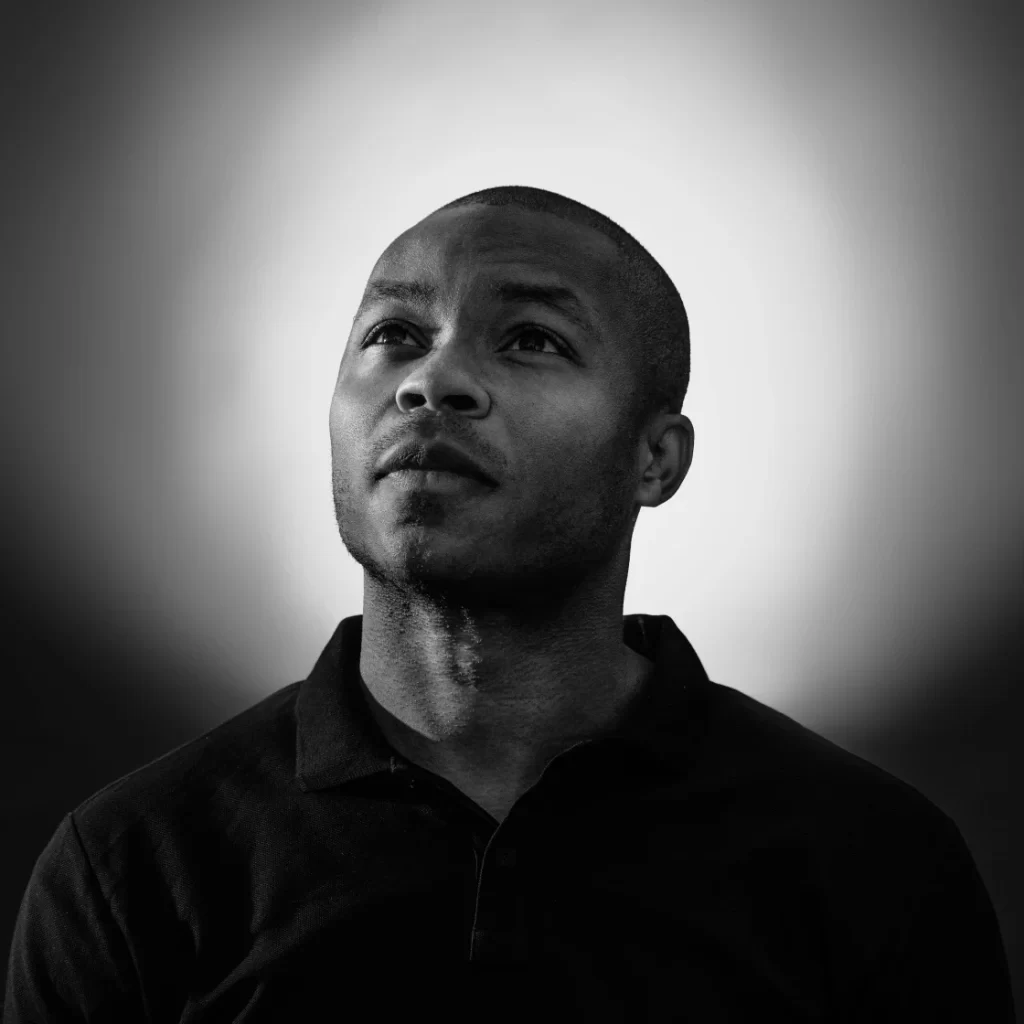
Convergence Partnership’s first-of-its-kind report on funding narrative change was covered in Chronicle of Philanthropy, sharing findings of the report, specific issue areas where narrative has shifted, and challenges for funders to consider as they explore this strategy for change.
Season 1, Episode 3: Kansas City, Missouri: Black and Latinx Solidarity for Justice
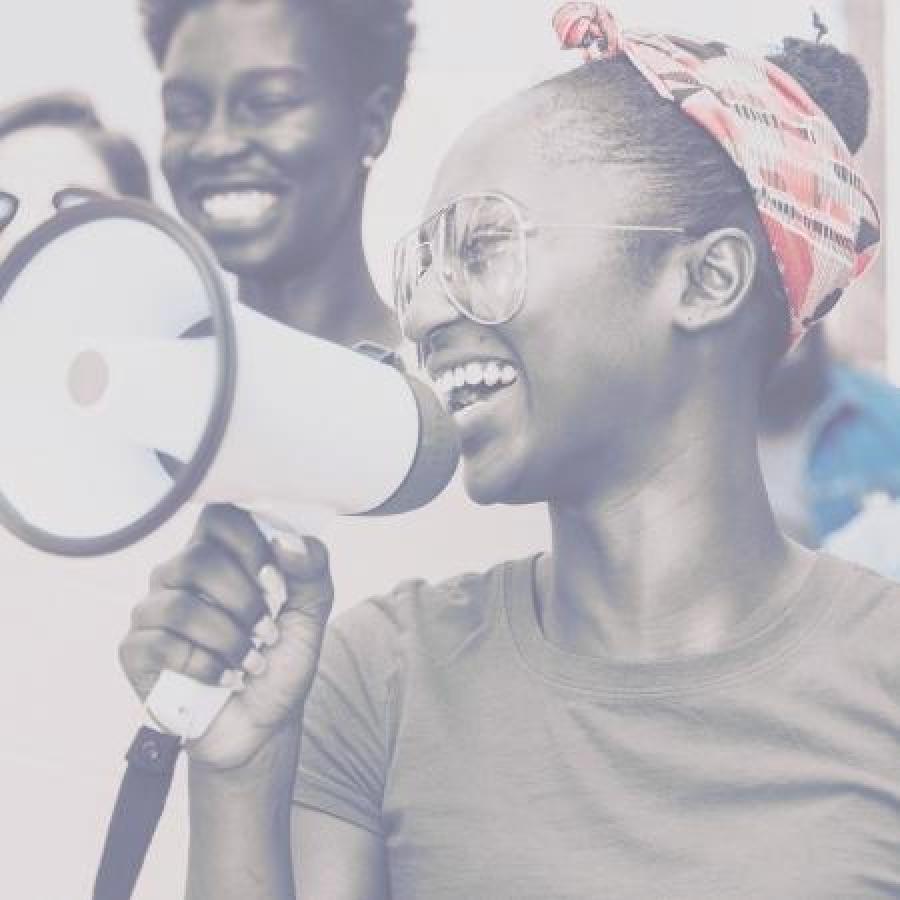
Season 1, Episode 3: In this episode, local audio producer Cynthia Fails interviews Ave Stokes about a year-long process to bring Black and Latinx communities together to heal historic divides and build collective power. Stokes describes why this work is critical for the racial justice and health equity movement in Kansas City, MO, and what they are learning from the process. Stokes also shares his reflections on funding disparities faced by Black and Latinx led organizations and the challenges these disparities pose to building grassroots power. The second segment, hosted by Justice Gatson of Reale Justice Network, continues the conversation, further examining the year-long process of bridge-building between Black and Latinx communities in Missouri. We hear from Victor Morales of Kansas/Missouri Dream Alliance, Mo Del Villar of ACLU of Missouri, Edgar Palacios of Latinx Education Collaborative, Ave Stokes of Alive & Well Communities, and Hakima Tafunzi Payne of the Uzazi Village. This episode is hosted by Justice Gatson, a Kansas City based organizer, who organizes intersectional movements that uplift the voices of the most marginalized groups.
Poverty, Policy, and Public Attitudes in Greater Kansas City
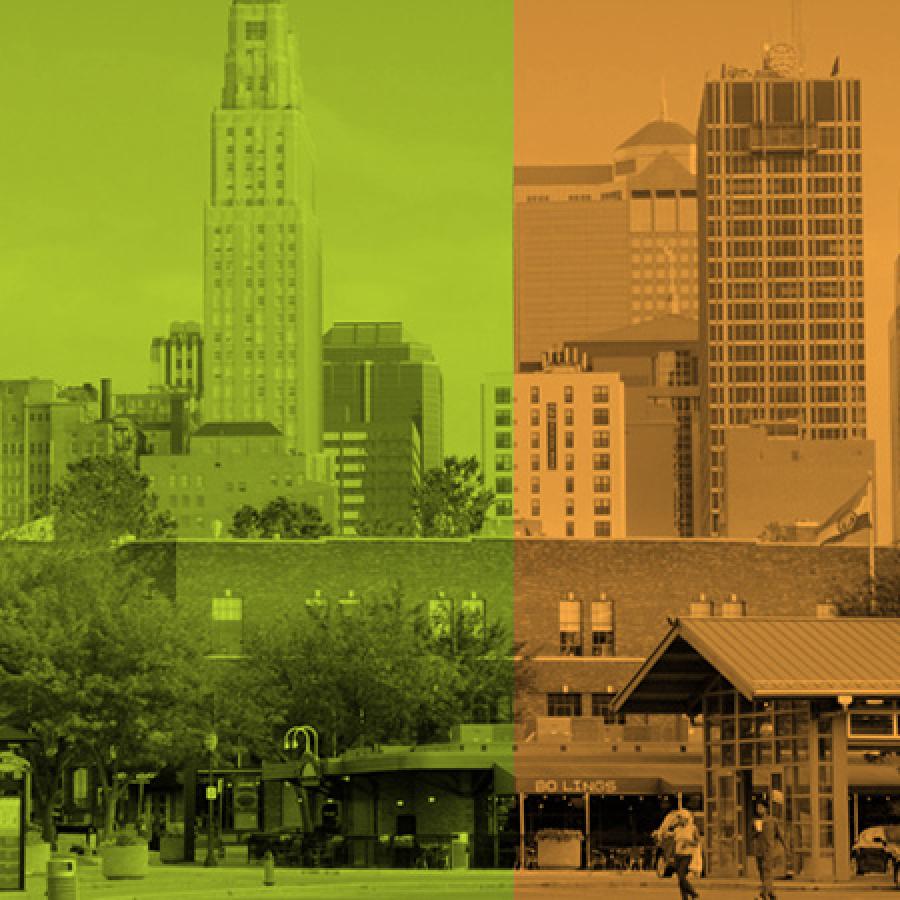
In Greater Kansas City, community organizers are engaging neighborhood residents to gather stories and policy priorities to shape the regional discourse around food access and food security while artists are creating works that challenge pervasive racialized narratives about government food programs.